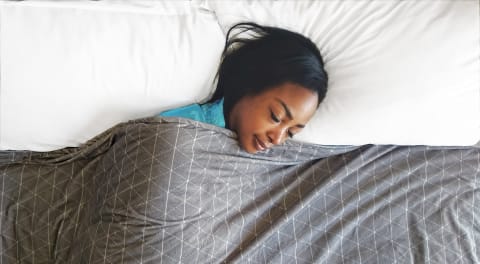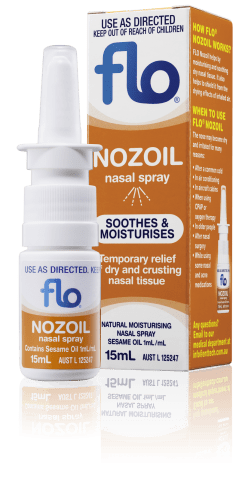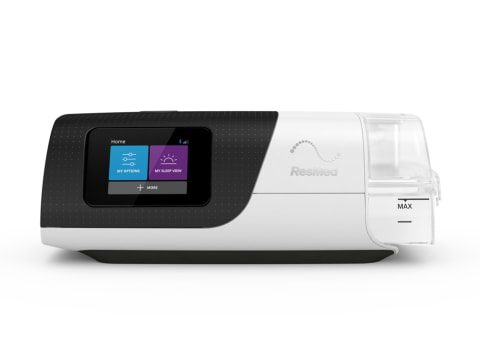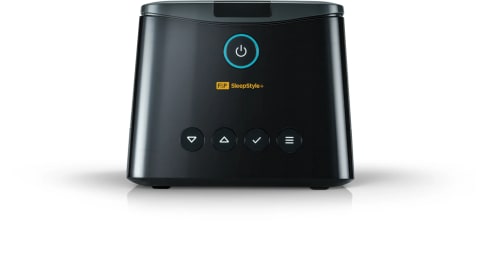Are CPAP Machines Noisy
Your Guide to CPAP Machine Noise: How Quiet Are They Really — and What to Expect
Starting CPAP therapy is a big step toward improving your sleep and long-term health — but it often comes with a few common questions. One of the most frequent concerns we hear at Sove CPAP Clinic is, “Are CPAP machines noisy?” It’s an understandable worry. After all, the last thing anyone wants when trying to sleep better is a machine that makes falling asleep even harder.
The good news? Most modern CPAP machines are designed to be quiet enough not to disturb your rest — or your partner’s. In fact, today’s devices are remarkably unobtrusive, operating at sound levels lower than a whisper. But there are a few variables that can affect how a CPAP machine sounds in use, and understanding these can help you make the most of your therapy from the start.
On this page, we’ll explore what you can expect when it comes to CPAP machine noise, how different components (like masks and tubing) can influence your experience, and what to do if your device starts to get noisier over time. We’ll also explain how Sove CPAP Clinic supports you after your purchase — whether you’re a first-time user or an experienced patient looking to optimise your setup.
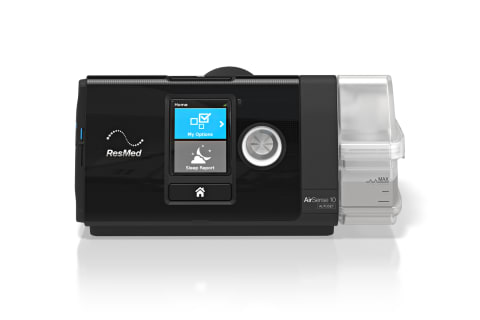 Further $50 Off with code "AUTUMN50"
ResMed AirSense 10 AutoSet 4G CPAP Machine
Further $50 Off with code "AUTUMN50"
ResMed AirSense 10 AutoSet 4G CPAP Machine
CPAP Machines Are Built with Quiet Operation in Mind
If you’re worried that using a CPAP machine means bringing a noisy medical device into your bedroom, we have reassuring news: nearly all modern CPAP machines are designed specifically with quiet operation in mind. In fact, many operate at or below 30 decibels — which is about the sound of rustling leaves or a soft whisper.
Leading brands like ResMed, Philips, and Fisher & Paykel have invested years of research and development into making sure their machines don’t disrupt sleep. The latest models use advanced motor technology, sound insulation, and airflow systems to create a therapy experience that’s not only effective but also comfortable and quiet. Some machines even have built-in features like “ramp” modes, which start at a lower pressure and gradually increase it to your prescribed level — a helpful way to ease into sleep without a sudden burst of air.
For most people, once they’ve used their CPAP machine for a few nights, any initial awareness of the sound fades into the background. Many even describe it as a soothing white noise — a steady hum that promotes better sleep rather than disturbing it.
Your Mask Can Influence What You Hear
While the machine itself is typically quiet, the sound experience during CPAP therapy can be affected by the CPAP mask you use. That’s because the mask is where pressurised air is delivered — and depending on the style, fit, and how well it seals, this process can create a range of sound sensations.
Here’s a brief breakdown of how different CPAP mask types can affect noise levels:
Nasal masks are popular for their balance of comfort and effectiveness. They usually produce minimal sound and are often a great choice for side sleepers or those who breathe through their nose.
Nasal pillow masks are the most minimal option. They fit directly into the nostrils and are extremely lightweight, making them a quiet choice for many. However, some users report that the sound of the airflow feels more pronounced due to how close the air delivery is to the ears.
Full-face masks cover both the nose and mouth. These are often used by people who breathe through their mouths while sleeping, but they can sometimes be a bit noisier, especially if the seal isn’t perfect — leading to small air leaks that produce hissing or whistling sounds.
The good news is that you don’t have to figure all this out on your own. At Sove, we offer both in-person and telehealth CPAP mask fittings. Our trained consultants will help you choose a mask that fits properly, seals effectively, and meets your comfort preferences — all of which contribute to a quieter, more restful experience.
Why CPAP Machines Might Seem Loud (Even When They’re Not)
Even with the quietest machines on the market, there are times when the noise might seem louder than expected. Sometimes it’s not the machine itself, but other factors in your therapy setup that can influence what you hear at night.
Here are some common reasons your CPAP therapy might feel noisier than it should:
Air leaks from your mask are probably the number-one culprit when it comes to unexpected noise. A leak creates a high-pitched hissing or whistling sound that can be especially noticeable in a quiet room.
Improper tubing placement can cause the hose to vibrate against a nightstand or bedframe, amplifying the sound.
Dirty filters or humidifiers can force the machine to work harder, which sometimes results in a slightly louder operation.
High humidity settings might cause gurgling or bubbling sounds, especially if condensation collects in the tubing. This is often called “rainout” and can be solved with heated tubing or humidity adjustments.
Machine placement matters more than you might think. Placing the device on a hard, uncovered surface may amplify vibrations. We recommend setting your machine on a soft mat or shelf slightly below mattress height.
Understanding these variables can help you address and prevent sound-related issues before they interfere with your therapy.
Sove CPAP Clinic Offers Support Long After You Buy
Purchasing a CPAP machine is just the beginning of your sleep therapy journey. At Sove CPAP Clinic, we believe that support shouldn’t stop once you’ve made your purchase — and that includes any issues related to noise, comfort, or equipment performance.
That’s why we offer comprehensive aftercare, including:
Ongoing clinical support, both in-person and via telehealth
Access to our CPAP Care Plan*, which provides regular supply replacements (tubing, filters, masks) to ensure your system remains clean, quiet, and functional
Personalised troubleshooting, so you never feel stuck if something doesn’t sound or feel right
Easy equipment checks and pressure reviews to make sure your machine is calibrated and working efficiently
Whether you bought your machine online or in one of our clinics, our team is here to help you get the best possible experience from your therapy — night after night.
*Payment plans available for approved applicants only; fees, terms, conditions, minimum amounts and exclusions apply.
Quiet Therapy Starts with the Right Support
Your CPAP machine should help you sleep better — not keep you (or your partner) awake. That’s why we’re proud to provide quiet, clinically reliable machines and the long-term support you need to get the most out of them. From expert fittings and trial programs to ongoing equipment care, we’re with you at every stage of your journey.
If you’re concerned about CPAP noise or want help choosing the quietest machine for your needs, don’t hesitate to get in touch. Our team is just a call or click away — and ready to help you sleep better, sooner.
CPAP Noise FAQs: Your Top Questions Answered
Are ResMed CPAP machines quieter than other brands? ResMed is one of the most respected names in sleep therapy, and their machines are frequently recognised for their quiet performance. Both the AirSense 10 and 11 series are designed with whisper-quiet motors and airflow systems, making them a favourite for light sleepers and noise-sensitive users.
Can I test the noise level of a CPAP machine before buying it? Yes, we offer flexible rental and trial programs that let you experience different machines and masks before committing. This allows you to evaluate the sound, fit, and features of a device in the comfort of your own home — and if you do decide to purchase, part of your rental fee can often be applied to the cost.
Can tubing or accessories affect the noise level of my machine? Definitely. Loose tubing connections, worn-out hoses, or improperly installed humidifiers can create additional sound. We recommend inspecting your accessories regularly and replacing them as part of routine maintenance.
Will my machine get louder as it ages? Over time, dust buildup, worn filters, and aging components can cause your machine to get noisier. However, with proper care and regular maintenance, most CPAP machines remain quiet and reliable for many years. If your device starts making new or louder sounds, it may be time for a check-up.
Will my partner hear the machine? In most cases, CPAP machines produce a consistent, soft hum that many people describe as soothing — even sleep-inducing. With a properly fitted mask and quiet machine, the sound is usually less disturbing than snoring, which the CPAP is helping to resolve in the first place.
What should I do if my CPAP machine starts making loud or strange noises? Don’t ignore it. Loud or unusual sounds can be a sign of an air leak, a clog, or a component that needs replacing. First, check the basics — tubing connections, mask seal, and filter cleanliness. If everything looks fine but the sound persists, contact our support team. We’re here to help you resolve the issue quickly and comfortably.




